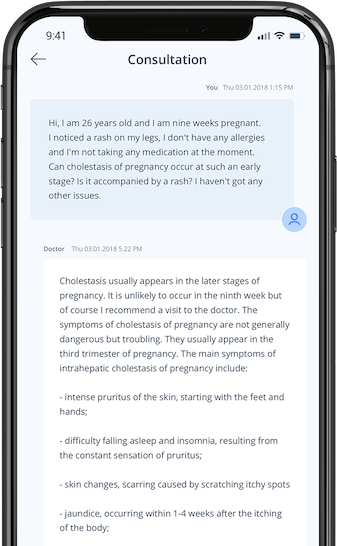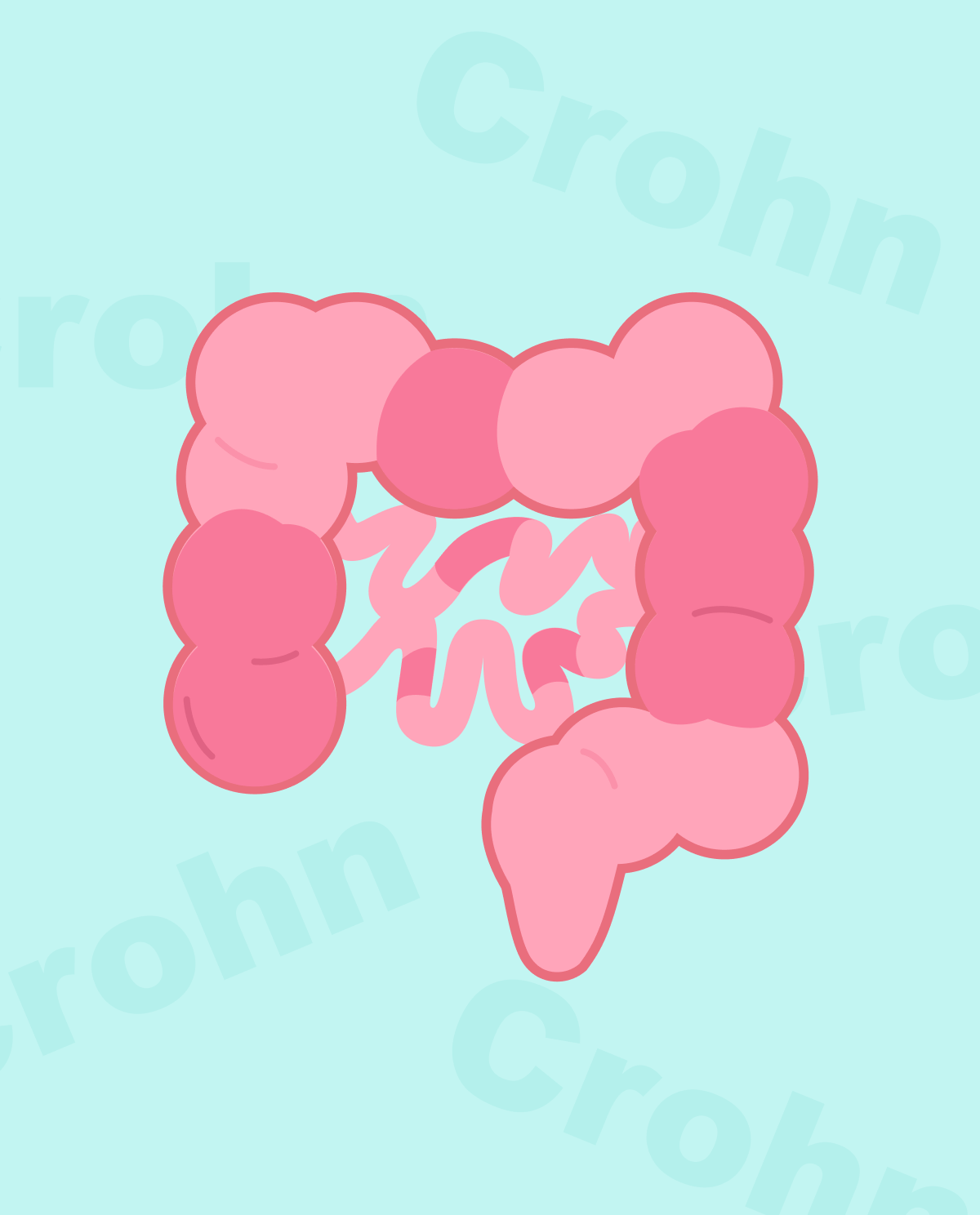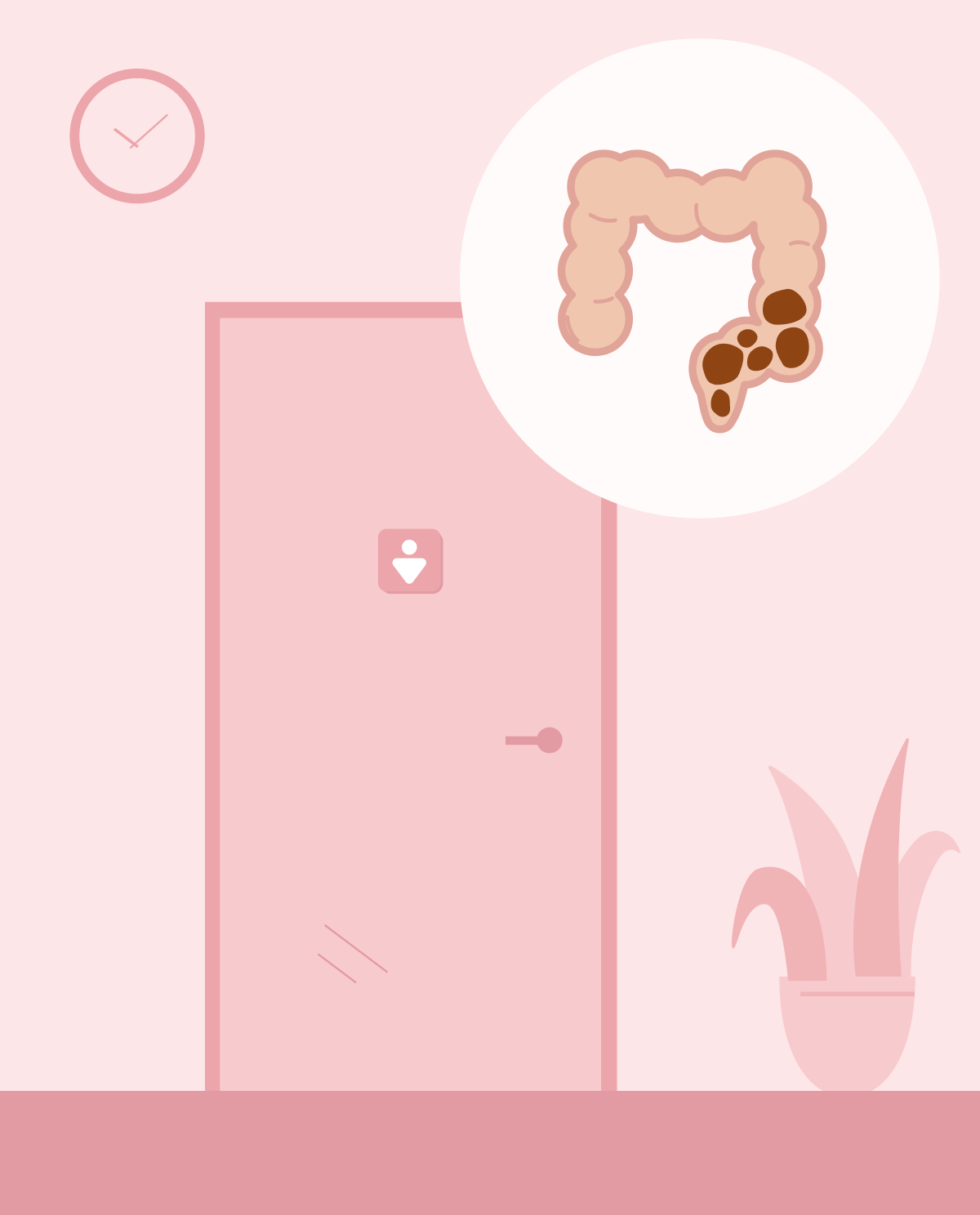Symptoms
- diarrhea presents as the most common symptom. This occurs because the small intestine isn’t able to fully absorb nutrients thus resulting in what we call "malabsorption". The stool samples are foul-smelling due to very high-fat contents (steatorrhea),
- bloating and passing gas,
- constipation,
- vomiting (this usually affects children),
- fatigue usually occurs due to the malabsorption of vitamin B12, folate, and iron from food. It should be noted that tingling sensations in hands and feet are common due to low levels of vitamin B12,
- in some instances, an itchy rash with blisters in the buttocks, knees, and elbows (dermatitis herpetiformis) may develop. Although not associated with celiac disease itself, its exact cause is unknown, but it has been associated with gluten consumption and resolves after gluten exclusion from the diet.
Complications
- malnutrition as stated above. Due to inflammation, the small intestine cannot absorb much-needed vitamins and minerals,
- infertility,
- osteoporosis (a disease that makes the bones weak and more susceptible to breaking),
- paraesthesia (sensation of pins and needles in the extremities), memory impairment, and nervous degeneration caused by B12 and folate deficiency,
- iron deficiency anemia,
- more rare complications include small bowel cancer development (adenocarcinoma), liver impairment resulting in cirrhosis (scarring of liver tissue).
Diagnostic methods
- Blood tests: The serology is used to check in the patient has an elevated level of a certain antibody (Tissue Transglutaminase IgA antibody - tTG-IgA) that reacts to gluten. Another blood test used is the genetic test, it doesn’t diagnose celiac when positive, but it can rule it out if none of the genes are detected. It should be noted that the physician doesn’t base their diagnosis on blood testing alone, the following should be confirmed with a more invasive procedure described below.
- Definitive procedure: to diagnose celiac rests upon tissue biopsy. The following can be achieved by endoscopy under local anesthesia.
Management of the illness
There is no treatment for celiac disease, but patients lead a normal lifestyle when they exclude gluten completely from their diet. Gluten is heavily present in pastries, bread, cereal, and pasta thus you should choose gluten-free options if possible. Other foods that are safe to ingest are potatoes, rice, noodles, dairy products, fruit, and veggies, and animal protein. It is recommended to take supplements to restore levels of iron, B12, and folate.
A rare type of celiac disease has been discovered where patients still have symptoms even after stopping gluten products, the following is called refractory celiac disease. Treatment for this particular form of celiac includes corticosteroids, a medication that block the unwanted effects of the immune system on our cells.
- https://pubmed.ncbi.nlm.nih.gov/29551598/
- https://www.ncbi.nlm.nih.gov/pmc/articles/PMC7468819/
- https://www.nhs.uk/conditions/vitamin-b12-or-folate-deficiency-anaemia/
- https://pubmed.ncbi.nlm.nih.gov/21571168/
- https://www.ncbi.nlm.nih.gov/pmc/articles/PMC3001971/
- https://www.sciencedirect.com/science/article/abs/pii/B9780702040870000619?via%3Dihub
- https://www.mayoclinic.org/diseases-conditions/celiac-disease/symptoms-causes/syc-20352220
- https://synappsehealth.com/en/articles/i/gastroscopy-what-is-it-and-how-can-you-prepare-for-it/








